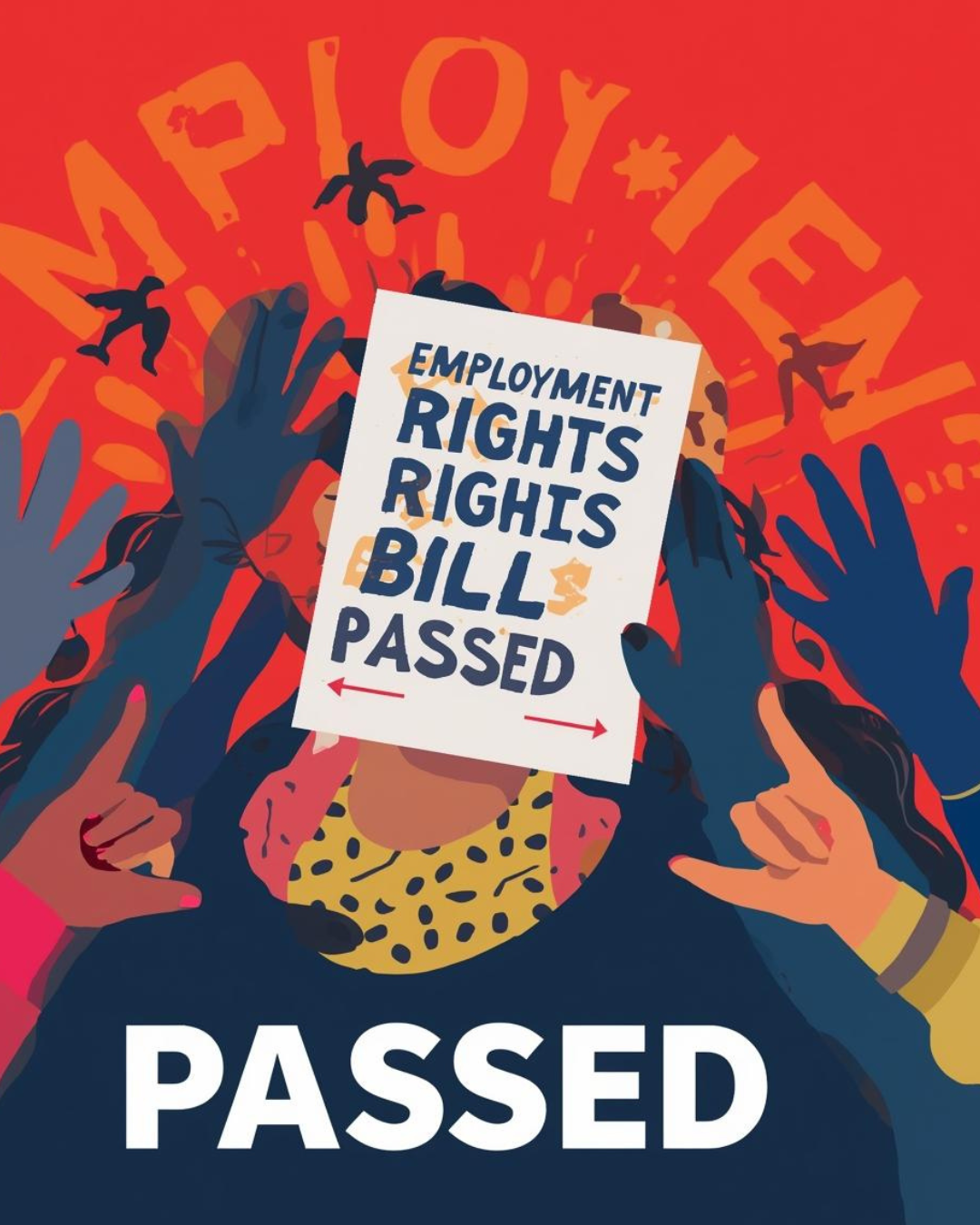FRESH FEED
Grab a tea or coffee (whatever your preference) and find out what we're talking about - from hot topics, updates and celebrations through to our monthly "Fresh Book Club"!
What would you like to hear more about? Reach out to us at info@freshseed.co.uk and let us know.

2025 will be remembered as a year that forced the UK’s games and creative industries to reset, sometimes painfully, sometimes productively. HR teams were right at the centre of it all, juggling the emotional weight of redundancies with the practical demands of new legislation…all while trying to do their day jobs. It wasn’t an easy year, but it was one that definitely moved the needle.

As 2026 approaches, the world of work feels suspended between acceleration and exhaustion. AI is racing ahead. Regulation is shifting under our feet. Employees are speaking up in ways we haven’t seen for a decade. And through it all, HR is being asked to hold the centre while everything else moves. With this in mind, we’re looking ahead to see what’s in store for 2026.

Here we go again. The time of year when someone sniffles in the office, and suddenly we’re all side-eyeing each other. But instead of giving you the usual “drink water, wash your hands, sleep more” advice (because yes, we know), we thought we’d share some of the things we do at Fresh Seed when the first tickle in the throat appears. Are these scientifically sound? Probably not. Do we swear by them? 100%









